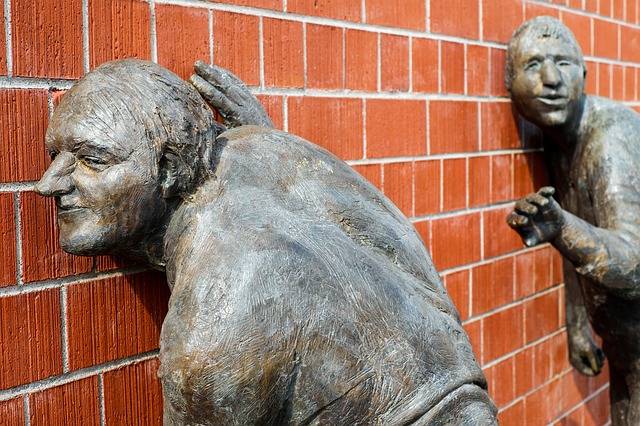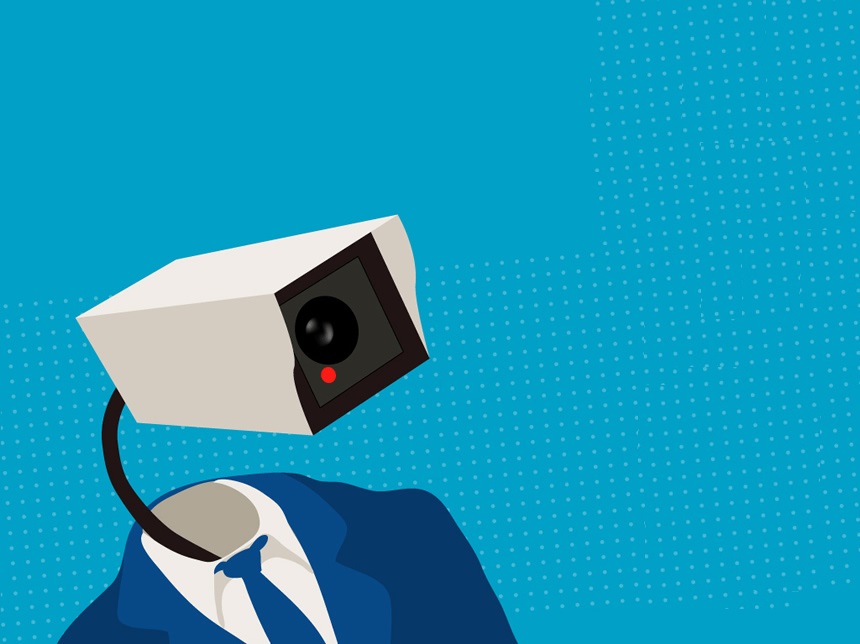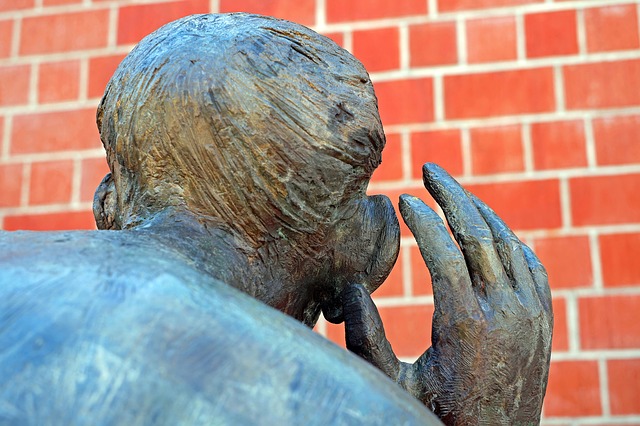Thanks to WikiLeaks and Edward Snowden, we live in a world where we are always wondering if our laptops, smartphones, TV, microwave, fridge, and even our cars are spying on us. For the most part, this is the reality in the North Americas and Europe than it is here in Africa.
However, Kenyans and the rest of Africa are starting to find themselves in situations where the problem is not how to get online, but how to do so securely and privately. Admittedly, most parts of Africa are still grabbling with how to get online, and concerns such as online privacy and security are secondary concerns. Unlike other developed nations where internet access has been a thing for some years now.
Earlier today we ran an article on the tag of war between telecom operators in Kenya versus the Communications Authority (CA) of Kenya. Safaricom, a leading telecom operator in Kenya, is currently embroiled in a suit to stop the CA from installing Device Management System (DMS) into the telecommunication networks.
The CA says the DMS is for curtailing the use of counterfeit and stolen devices on the telecom networks. Safaricom says the CA has not given sufficient assurance that its subscribers’ personal details will not be accessible to unauthorized third party. The case is set for hearing on Sept 20th.
As a Kenyan, how do you stop the Government from Spying on you
While it is comforting to see Safaricom active in fighting for its subscribers’ privacy and security. Then again, who is to say that the government hasn’t already compromised telecom networks? Or that of any other telecom operator in Kenya? Hell, even the CIA could be eavesdropping on anyone and everyone (including the government) without anyone’s knowledge.
They have the technology to do so and can carry out a clandestine espionage on all of us. An espionage that we would only learn of its taking place months or even years to learn of when the WikiLeaks or likes of Snowden blow the whistle.
Nonetheless, that does not mean that you should just be sitting there like a duck waiting for the alligator to spring from underneath the water and devour you. No sir! There are security measures you can take to make it extra harder for government agencies to spy on you. They include:
Ø Always use encrypted communications channels
Government surveillance units get pissed off whenever the subject they’re trailing is using encrypted communication channels. When it comes to messaging apps, you have the options of Telegram, WhatsApp, iMessage, and even Facebook Messenger can be partly encrypted.
When browsing the internet, ensure your computer has a VPN installed then browse using the Tor browser. Snowden highly recommends using Signal for your communications, so you bet that is highly encrypted.
Please note that no encryption can guarantee you 100% foolproof encryption, as the CIA has been known to bypass encryption for smartphones involved in investigation matters. Nevertheless, you should not make it very easy for just about anyone to hack into your privacy.
Ø Always cover your webcams
WikiLeaks alleges the CIA stealthily planted hacking tools into devices like iPhones, iPads, Android devices, and computers they can remotely trigger to start recording video and audio. While limiting the audio recording may require some technical skills and hassle on your part, stopping the video recording would be as easy as putting tape over your webcam.
Ideally, you can use just about any opaque object to cover up your webcam, but there are also some custom-built novelty stickers.
Ø Always keep your device updated
The longer you keep your device not updated, the more time hackers have had a chance to discover zero-day exploits and security holes. Device and software application makers are always on the lookout for these exploits and security holes and release a patch up in the form of update every once in a while.
So if you want to remain secure and your privacy intact, I suggest always keep applications and the operating system running on your device updated.
Ø If you must get a Smart TV ensure you secure it
As WikiLeaks leaked out, the CIA allegedly has implanted a bug in Samsung Smart TVs that allow them to record citizens even when the TV is turned off. You can disable the feature that allows this snooping by going to ‘Settings > Support > Terms and Policies and turn off voice-related features.
But the surest way to stop your TV from spying on you even when turned off, simply unplug it from power.
Ø Be careful with your Social Media posts
We live in a world of social media; it is the one place you turn to first when you want to get in contact with family and friends. It is also the one place one is likely to get their guard down and reveal too much information; information that if placed in some hands could be more than enough to cause havoc on you.
While the best approach to dealing with the social media insecurities would be to delete all your Facebook, Twitter, WhatsApp, Instagram, Snapchat… accounts and move to the desert and start living there with no internet or cellular service. But that would be too drastic for most people.
A more practical approach would be to ditch Google as a search engine and in its place use DuckDuckGo, which is not interested in tracking your search history. Next, make Tor your default browser as it leaves no trails of you all over the internet.
The above just a few of the steps private citizens, ones without access to cutting-edge encrypted devices, can use to keep their privacy and security of their personal details. But the list barely scratches the surface of available options, so if you have any not listed above, by all means, leave it in the comments section.





